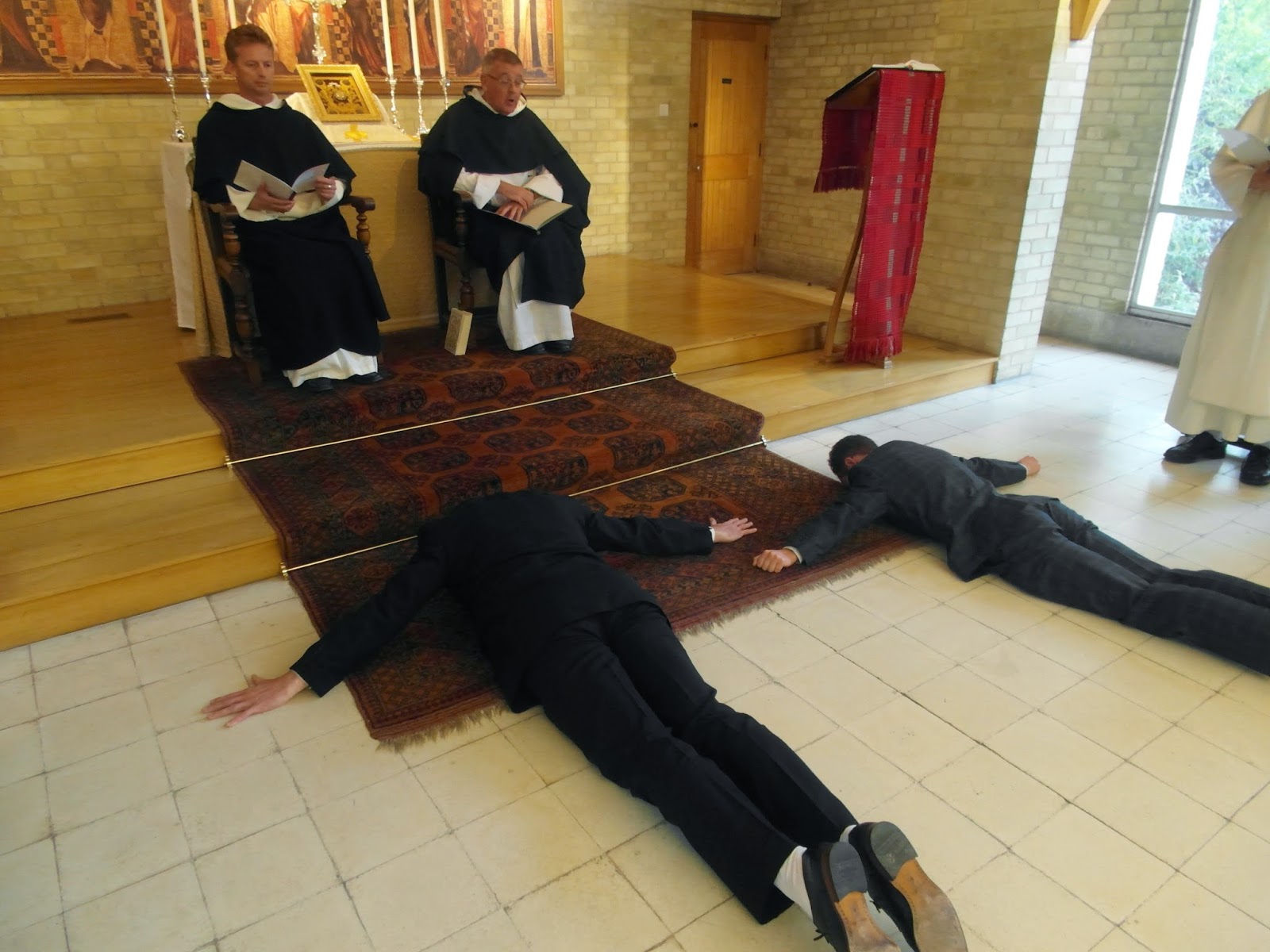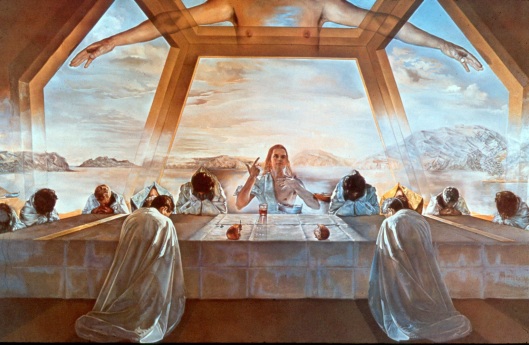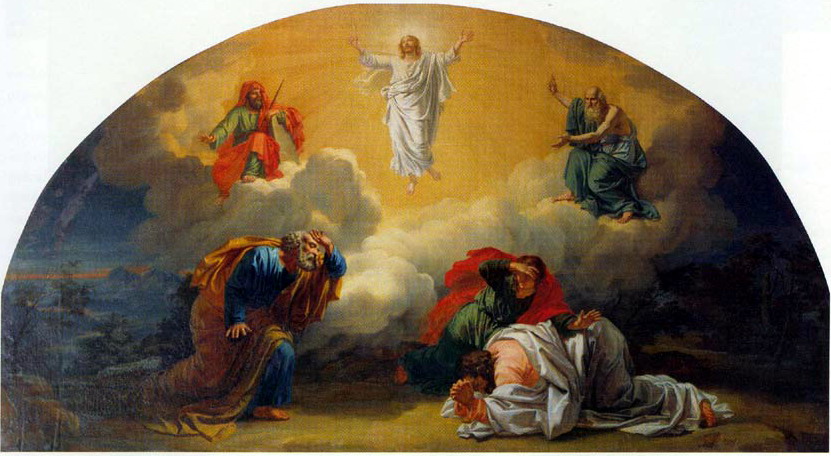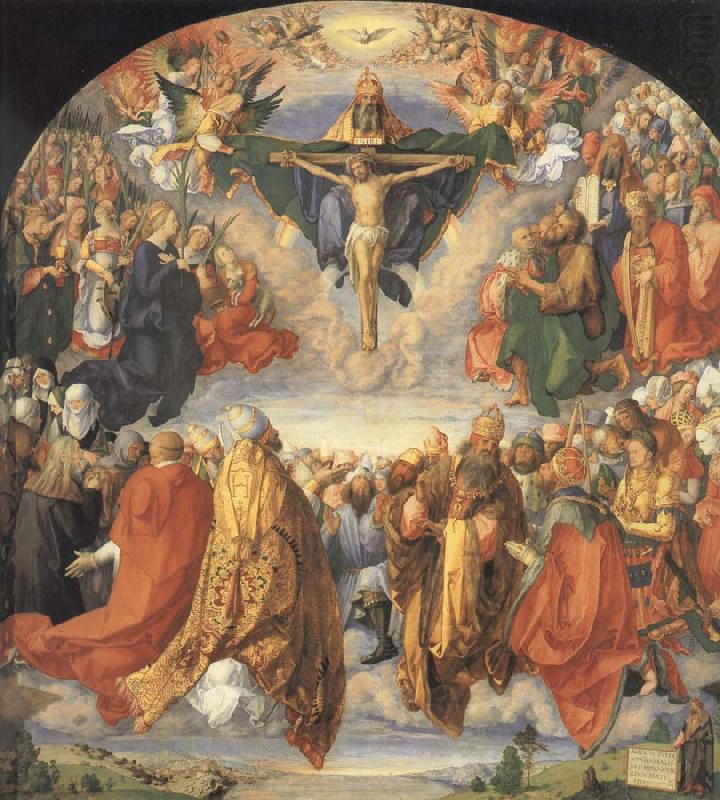Baptism is the basis of our entire Christian life; it is the gateway the Lord opens into the life of the triune God of grace. We know baptism as the Sacrament of Faith that has been established by God as the normative means through which we are freed from original sin, re-born by Water and the Holy Spirit as daughters and sons of the Most High. But all this leaves us with a puzzle when it comes to understanding Jesus’s own baptism: what need had Christ, the spotless and perfectly sinless Son of God, for baptismal grace? What need had Jesus, who enjoyed the vision of God throughout his life, for the sacrament of faith? What need had the second person of the Trinity for initiation into the life of the Trinity? Are we to conclude that Jesus’s baptism was just an empty gesture, a redundant sign of deep significance and profound aesthetic value, but which nonetheless changed nothing?
Christ’s baptism is, clearly, of a different type to our own: Christ’s baptism by John inaugurates Christian baptism as an efficacious means of grace; our own baptisms are dependent, derived, actions that baptise us into Christ’s own baptismal life. It is by being baptised, submitting himself to baptism at the hands of a man, that Jesus creates and establishes Baptism as the Sacrament of Faith in Himself. Yet Baptism is no individualistic event that cleanses our souls as if God intervened surgically by dissecting us away from others. Rather, baptism engrafts us into the Christian community, making us members of Christ’s own body. Christ’s own baptism manifests his status as the head of the community of the baptized.
Indeed, Christ’s baptism is a moment of revelation—the dove, representing the Holy Spirit, descends onto the waters and the voice of the Father reveals Christ’s identity as Son (all of which resonates with the creative imagery of Genesis, in which the Spirit of God hovers over the waters and the world is created by a spoken word of God). At this moment, Christ’s true identity—revealed to his mother Mary at the annunciation—is made manifest on the public stage. It is in our own baptisms that we too discover our deepest identity as those claimed for Christ, and—over the course of a lifetime—it is in the outworking of our graced baptismal vocation that we discover who God created us to be and the tasks that he has bestowed upon us. The waters of Baptism are the short, sharp, shock that wake us up to our most essential identity: "Each of us is the result of a thought of God. Each of us is willed, each of us is loved, each of us is necessary. There is nothing more beautiful than to be surprised by the Gospel, by the encounter with Christ. There is nothing more beautiful than to know Him and to speak to others of our friendship with Him" (Benedict XVI).





































